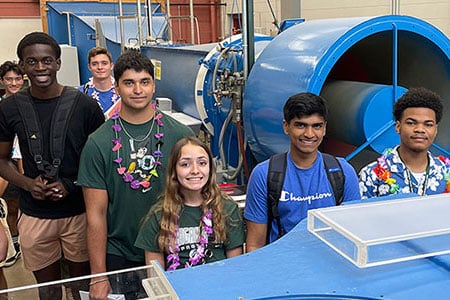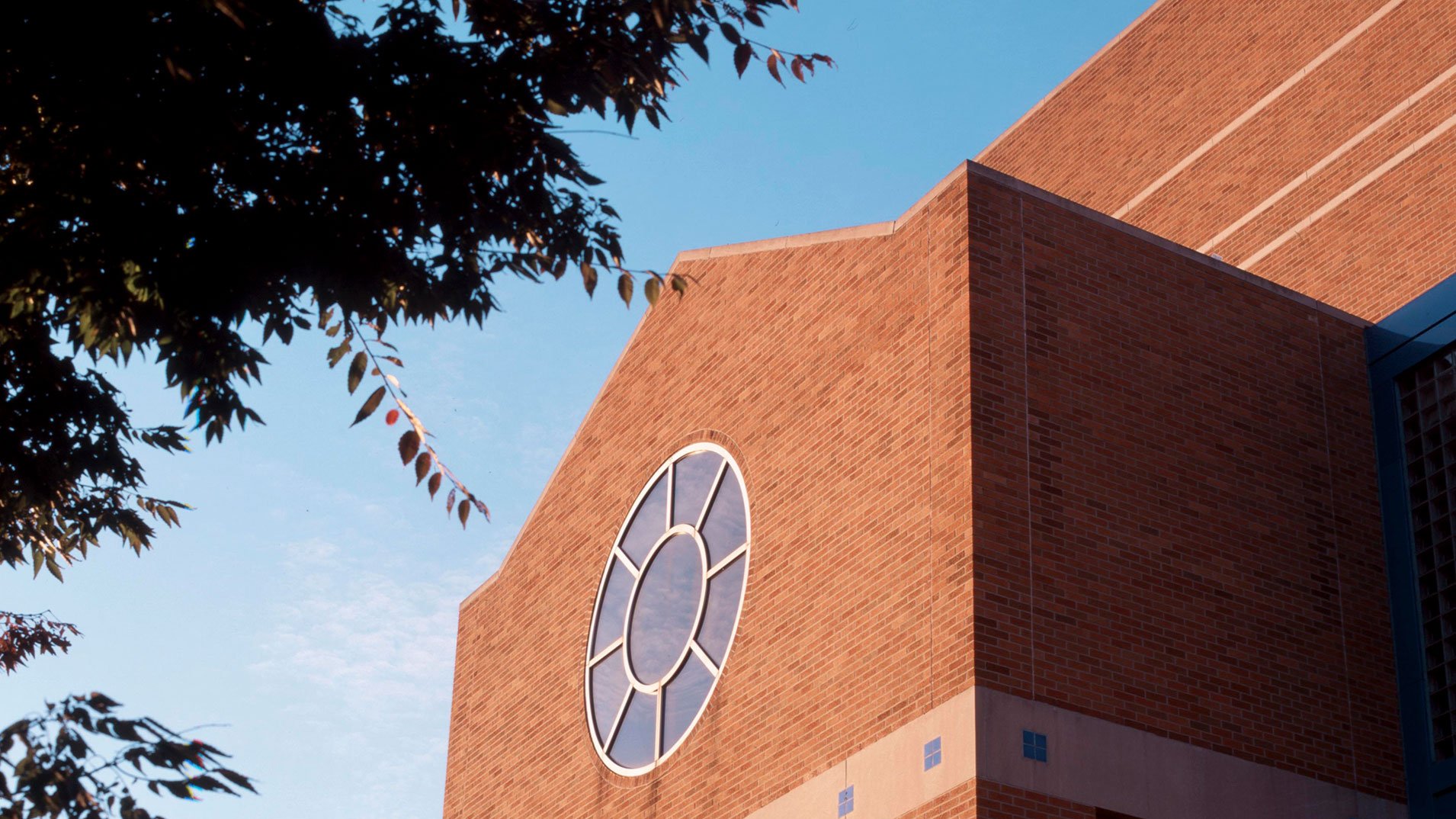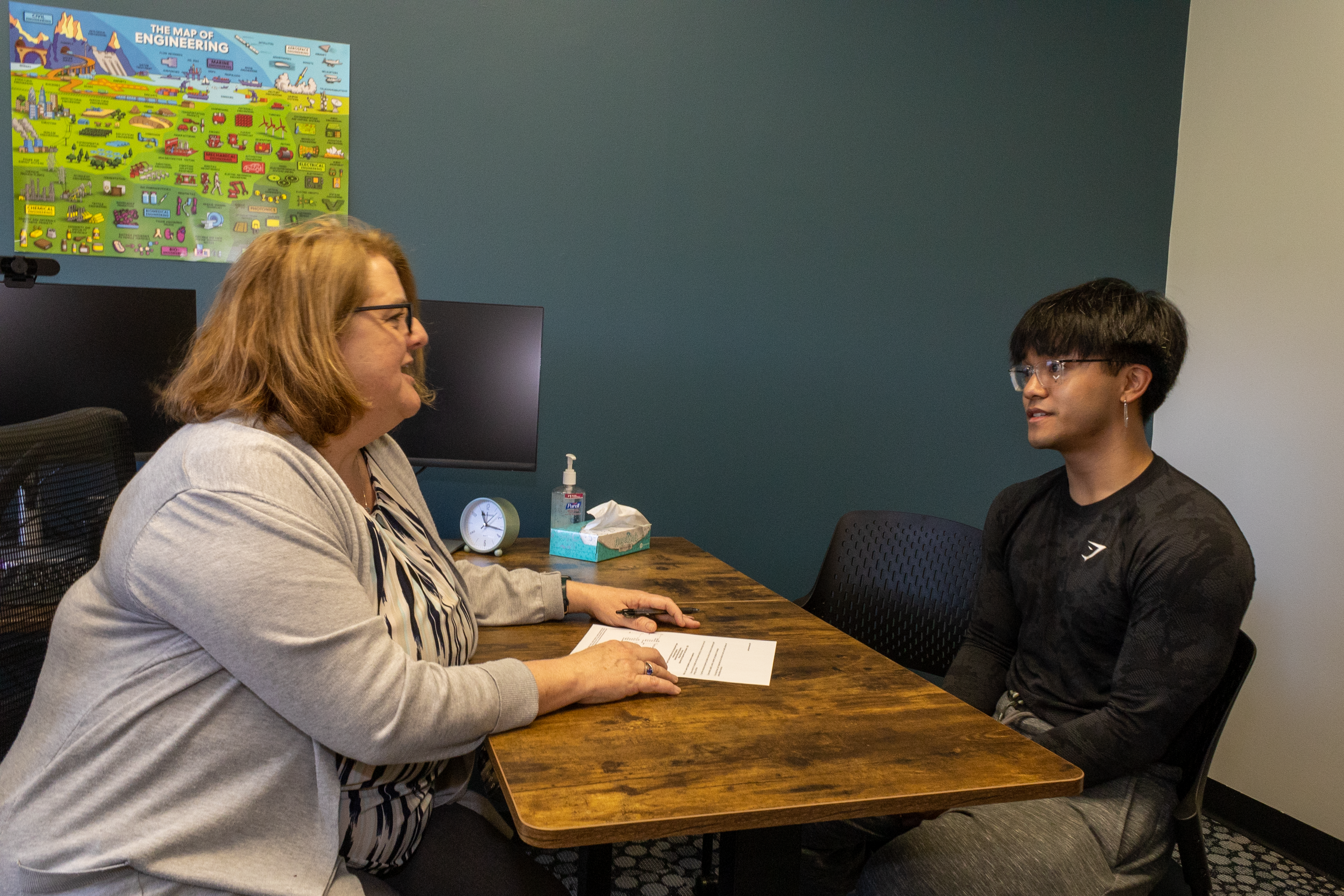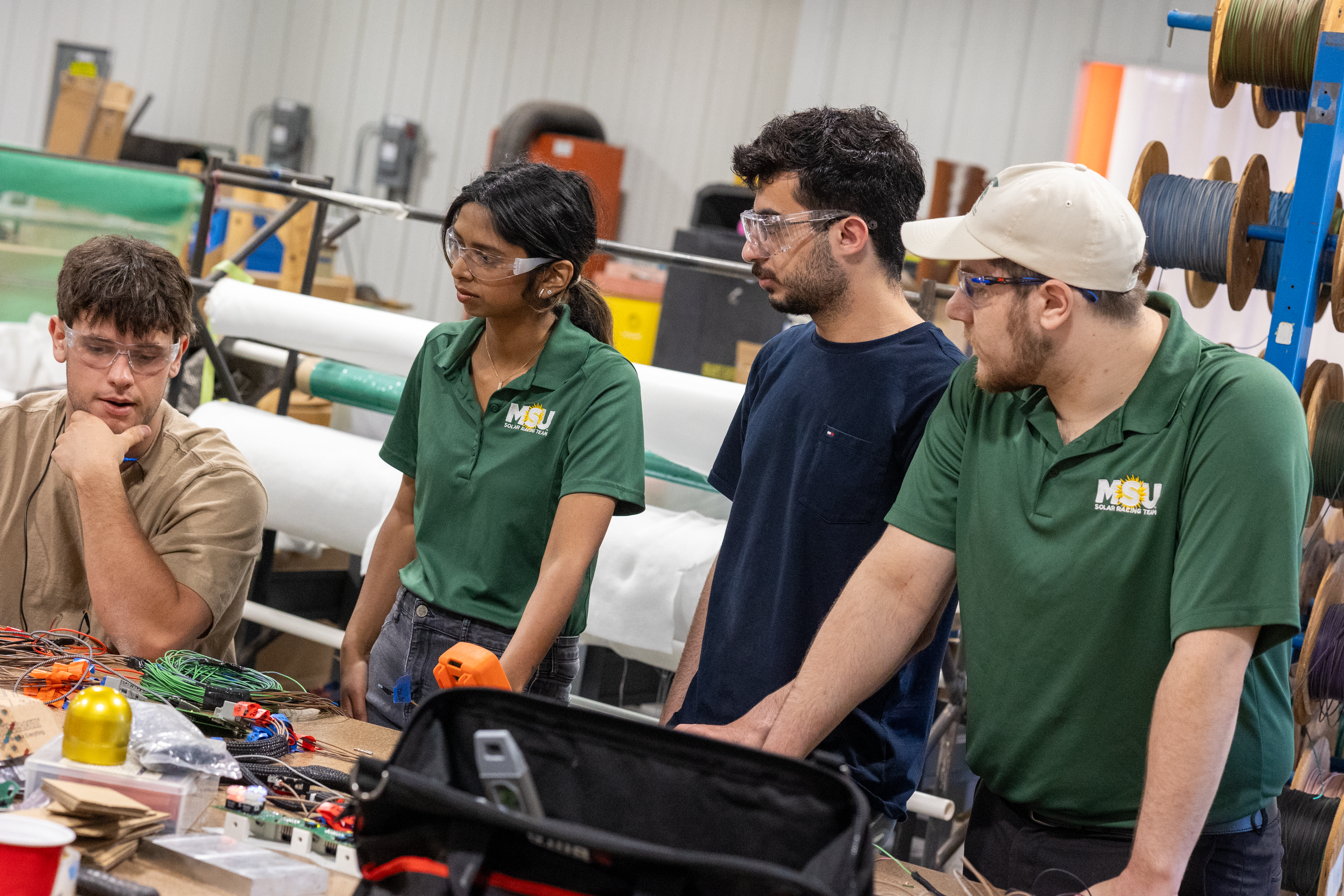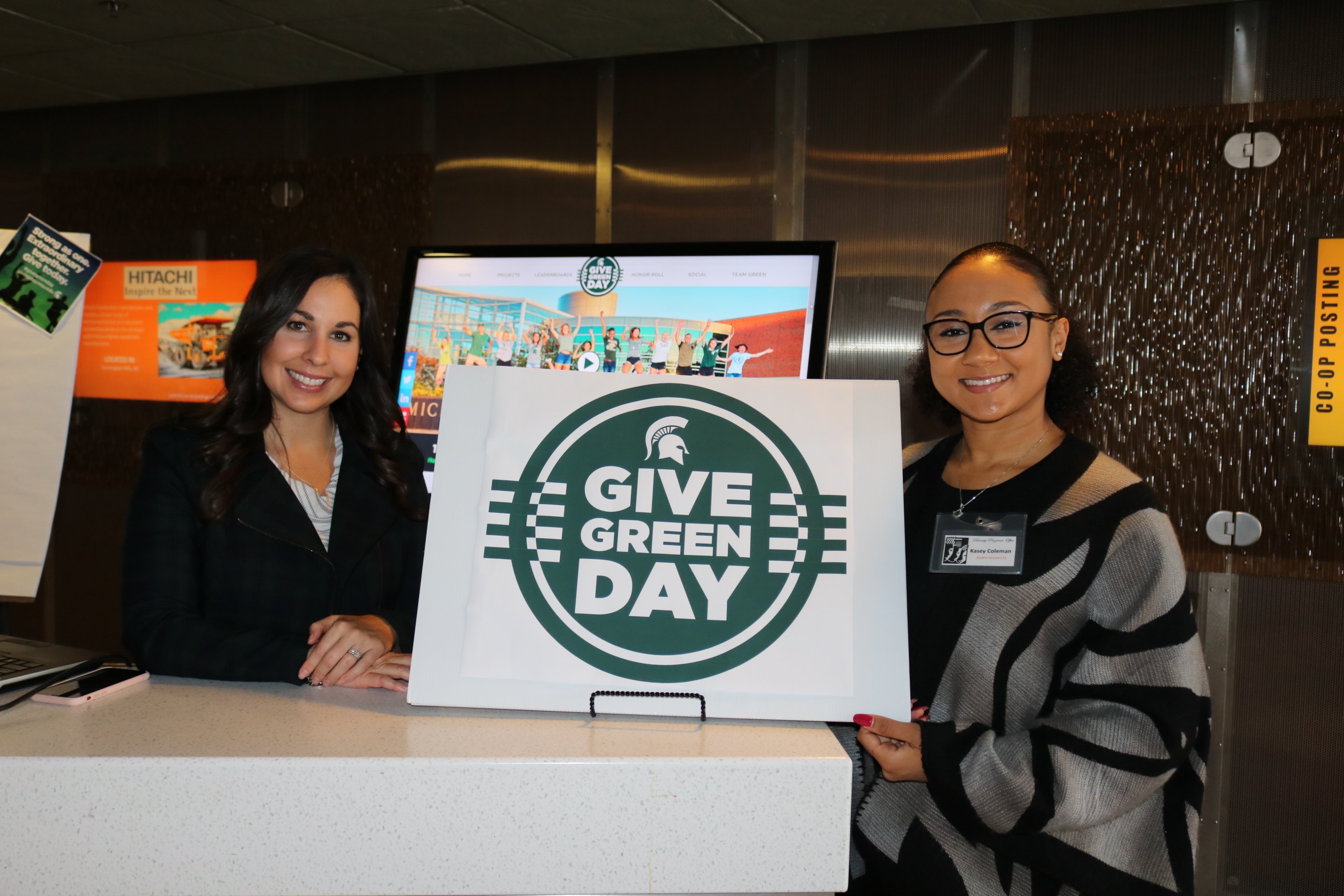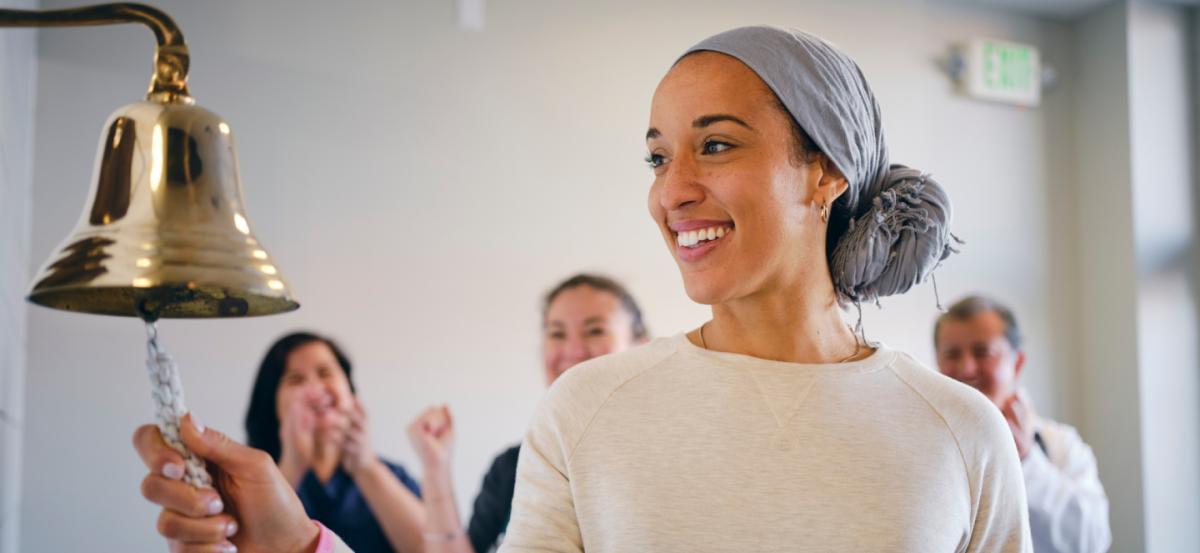Four dedicated researchers from Michigan State University have received grants totaling more than $3 million from the American Cancer Society, or ACS, to find new ways to prevent, detect, treat and help patients survive colorectal, breast and cervical cancer.
Smith, associate professor of biomedical engineering with the MSU College of Engineering is one of them. He received a $792,000 grant to improve breast cancer therapy.
“Breast cancer is the second leading cause of cancer death in women,” Smith said. “If you know anyone that has undergone breast cancer treatment, it can be volatile and challenging — and different types of cancers respond to treatment in different ways. Our lab is developing and testing a precision nanotherapy that treats breast cancer without the typical side effects, works to overcome cancer’s devious defenses and helps the body’s immune system operate aggressively and effectively within tumors. It is designed to reverse roadblocks that tumors typically throw up that keep other therapies such as chemotherapy and immunotherapy from working well.”
Why this matters
- Cancer is the leading cause of increased health care in the U.S., costing an estimated $222 billion annually.
- Many types of cancer are preventable with screenings.
- Developing safe and effective ways to treat cancer helps minimize side effects for patients and improves survival rates.
“We take our commitment to funding cutting-edge cancer research seriously and intend to do so well into the future,” said William Dahut, chief scientific officer at the ACS. “We are excited about the innovative projects we were able to fund and look forward to growing this investment. We are also thrilled to welcome these new grantees into our ACS Research Family and wish them the best of luck with their important work.”
Other grant recipients included:
Todd Lucas, a social and health psychologist and C.S. Mott Endowed Professor of Public Health with the MSU College of Human Medicine will be working on a team to improve the acceptance and use of take-home colorectal screening tests among African Americans
Eran Andrechek is a professor in the Department of Physiology with the MSU College of Human Medicine. Andrechek and his team are using a $297,000 grant to study why breast cancer spreads to the liver and lymph nodes and how this can be blocked.
Olivia Aspiras is an academic research specialist in the Charles Stewart Mott Department of Public Health at the MSU College of Human Medicine. Aspiras received a $217,000 grant to develop culturally appropriate health messaging that educates African American parents about the human papillomavirus, or HPV, vaccine and encourages them to get the vaccine for their vaccine-eligible children.
As the largest nongovernment nonprofit funding source of cancer research in the United States, the ACS Extramural Discovery Science program currently supports more than 700 research grants across the cancer continuum at more than 200 institutions.
With an investment of more than $5 billion since 1946, the ACS has funded 53 researchers who have gone on to be awarded the Nobel Prize. ACS funds many early-career investigators, giving the best and the brightest a chance to explore cutting-edge ideas at a time when they might not find funding elsewhere.
Original story by Jill Vondrasek appeared on MSUToday.
MSU College of Engineering Media and Public Relations page
